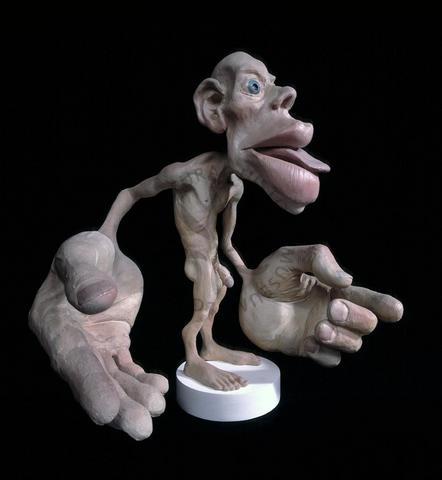GreyCrow
TheBrownDog
- Mar 21, 2016
- 74,470
- 118,161
- AFL Club
- Adelaide
- Other Teams
- Sturt, White Sox
I talked about Neuroplasticity in another post and did some more research and found a few videos that explain it better than I can. But at its core Neuroplasticity is changing those areas of the brain ie behaviours , emotions and habits.
A short video on emotions. I would like to see emotional intelligence taught in schools. For people involved in Domestic Violence and Anger Management it can be a very good tool.
This is the full length ( 52 minutes) documentary based on Doidges book ''The Brain That Changed Itself'' where they show how issues such as blindness, stroke, phantom pain in amputations can be ''rewired'' to help people live better lives.
A short video on emotions. I would like to see emotional intelligence taught in schools. For people involved in Domestic Violence and Anger Management it can be a very good tool.
This is the full length ( 52 minutes) documentary based on Doidges book ''The Brain That Changed Itself'' where they show how issues such as blindness, stroke, phantom pain in amputations can be ''rewired'' to help people live better lives.





